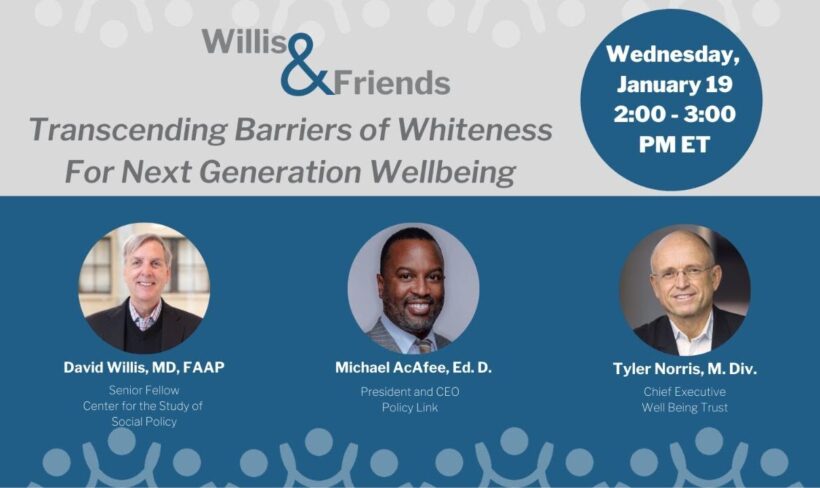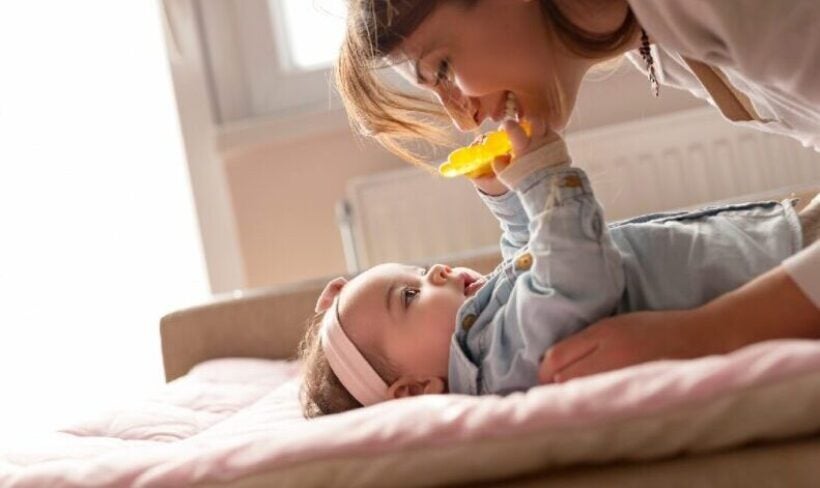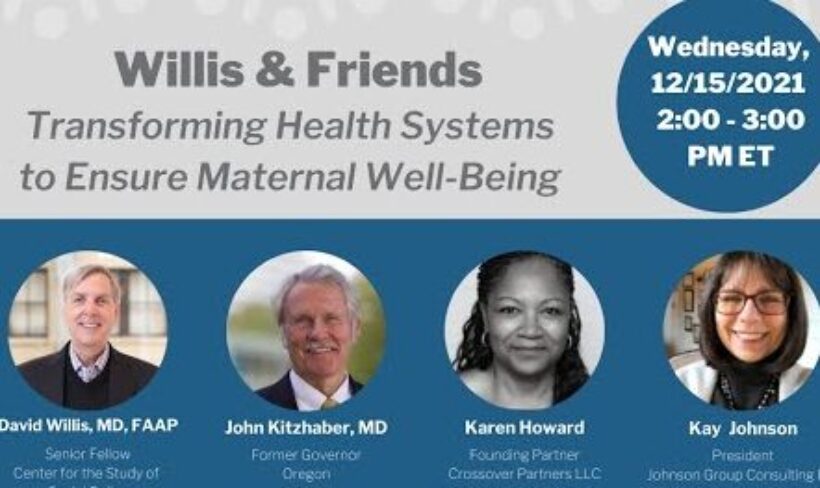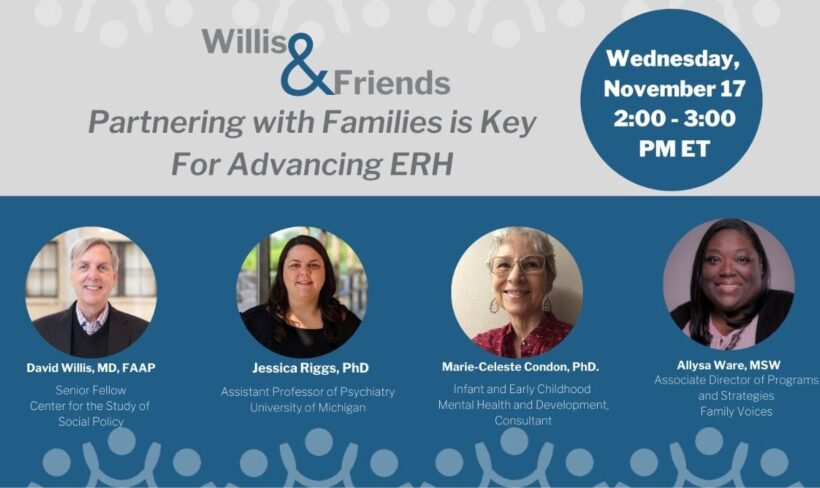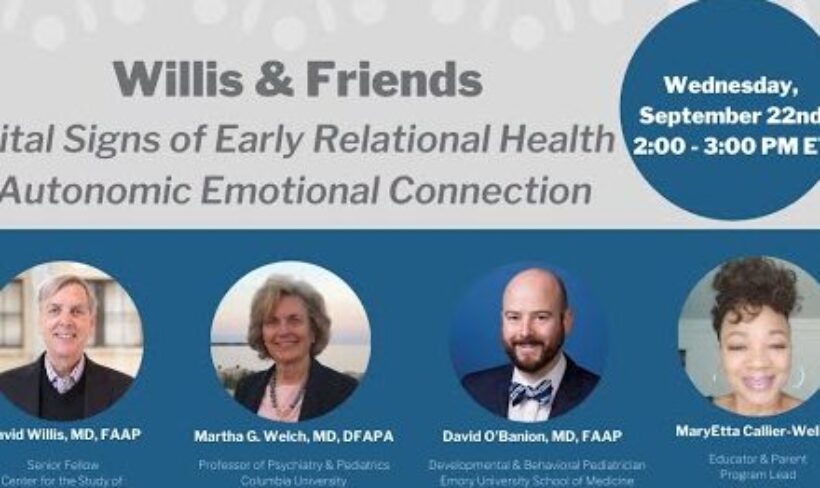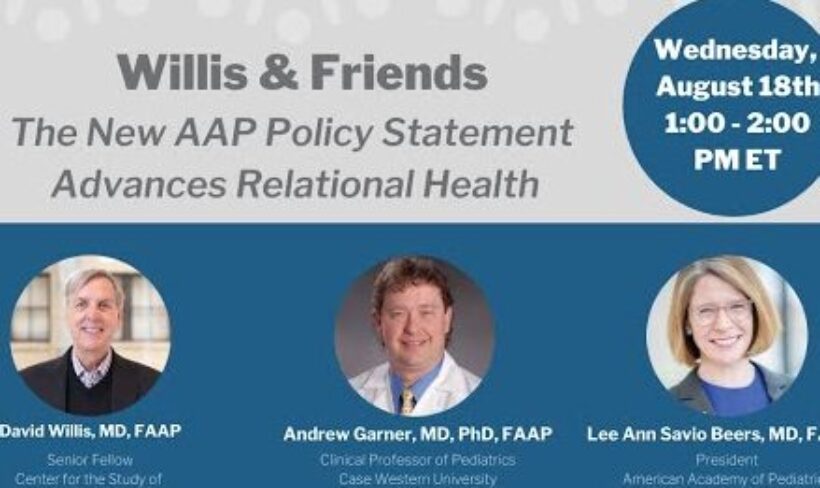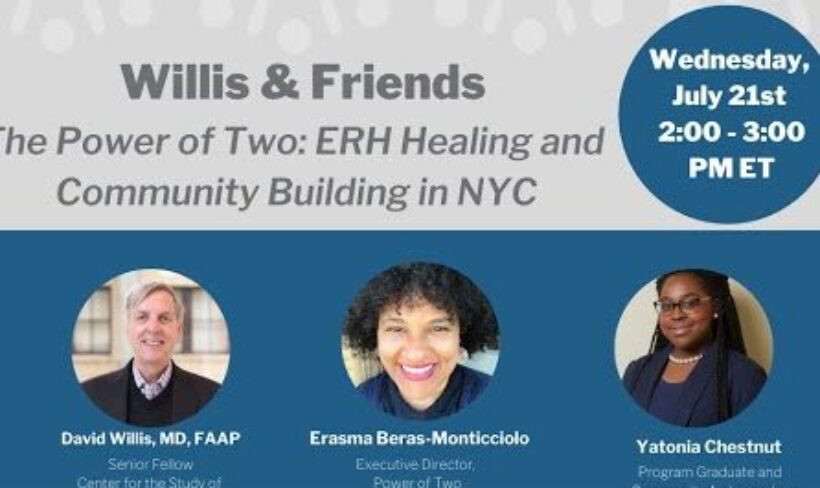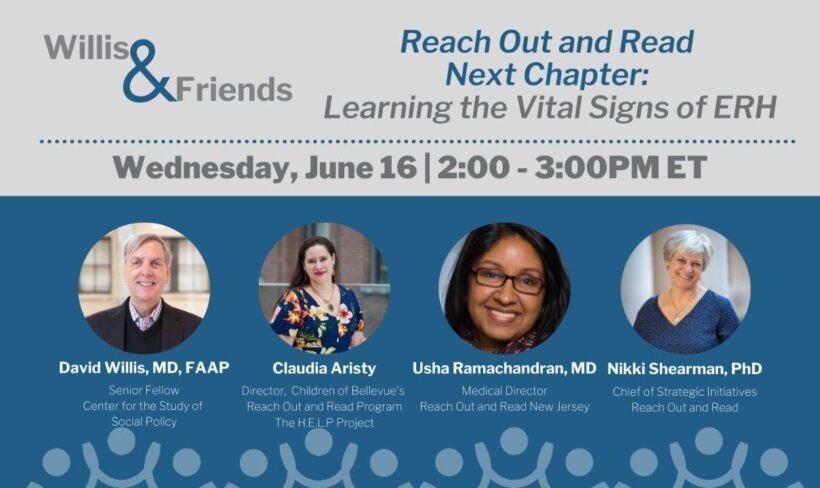The 8th edition of the Willis and Friends live series will explore how to move beyond “centering Whiteness” to realize once-in-a-generation opportunities for Black and Brown families from President Biden’s Build Back Better agenda.
Resources
Featured Resources
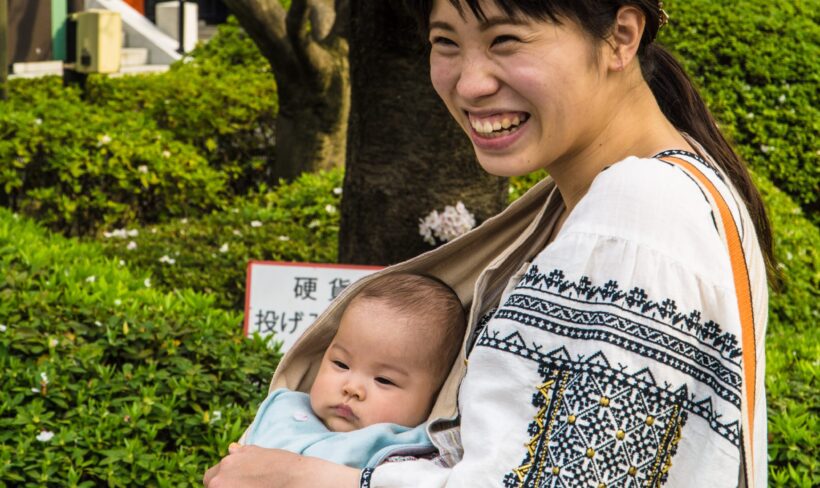
Early Relational Health: Innovations in child health for promotion, screening, and research
Relational experiences during infancy and early childhood are key drivers for building health, social emotional development, and learning capacities, each vital for wellbeing. The U.S. child health sectors share a commitment to universal health promotion, prevention and early intervention, and a growing enthusiasm for the research-affirmed primacy of caregiver-child interactions during the critical first 1000 days of life.
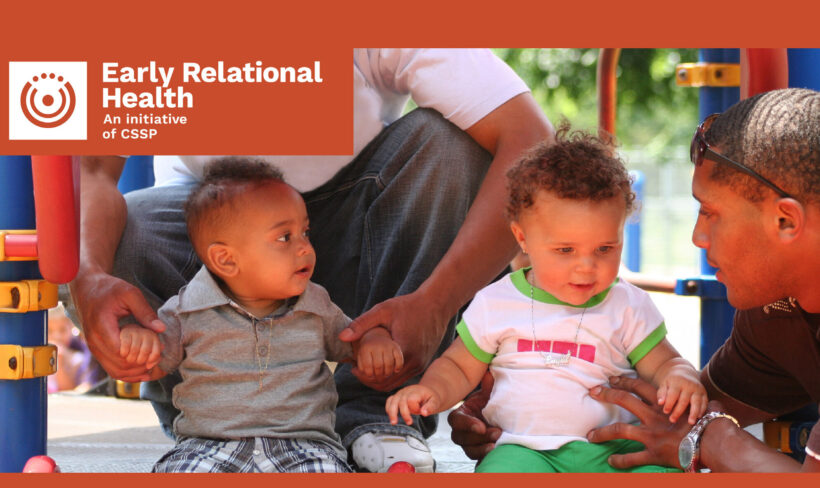
Policy Change to Promote Early Relational Health
The early and foundational relationships that babies and toddlers experience with their parents shape the health and well-being of two generations. This brief highlights opportunities to promote early relational health with policy change and investments, including with existing programs, pandemic funding, and pending legislation in Congress.

Building relationships: Framing Early Relational Health
This strategic brief, produced in collaboration with the FrameWorks Institute, offers a comprehensive framing strategy to help shift public attention to and understanding about Early Relational Health.
Browse All Resources
By identifying concerns early and connecting families to appropriate resources, pediatricians can build families’ capacity for cultivating healthy foundational relationships with their young children.
The 7th edition of Willis and Friends live series will provide an enlightening conversation with three national policy leaders about the unprecedented opportunities to advance early relational health as a result of the enactment of the American Rescue Plan Act and the proposed Build Back Better Act.
In the sixth conversation of this series, David Willis, MD, welcomes three national innovators and thought leaders who have partnered with CSSP to develop meaningful approaches for advancing early relational health promotion, measurement, and partnerships with families.
In the fourth conversation of this series, participants discussed the recently discovered autonomic emotional connection. The connection is an observable state of co-regulation between loved ones when their stress physiology in the body and brain are mutually calmed by the sight, sound, smell, touch, and even taste of one another.
The third conversation in this series discussed the American Academy of Pediatrics’ updated policy statement “Preventing Childhood Toxic Stress: Partnering with Families and Communities to Promote Relational Health.”
Acknowledges a spectrum of potential adversities and reaffirms the benefits of an eco-bio-developmental model for understanding the childhood origins of adult-manifested disease and wellness.
In our second conversation in this livestream series, panelists will discuss the impacts of trauma on caregivers and children by partnering directly with families to deliver evidence-based Attachment and Biobehavioral Catch-up (ABC) parent coaching program.
In our first conversation in this livestream series, panelists discuss the development of an initial set of training modules and materials for ROR pediatricians about observing autonomic emotional connection as learned from the key elements within the Welch Emotional Connection Screen (WECS).

Join the Nurture Connection Movement
Community by community, we are building a networked and engaged movement in partnership with parents and families.
Through our collective commitment and effort, we can make sure that every child is cared for and valued, every family is supported and heard, and every community is made stronger through positive and enduring emotional connection.
